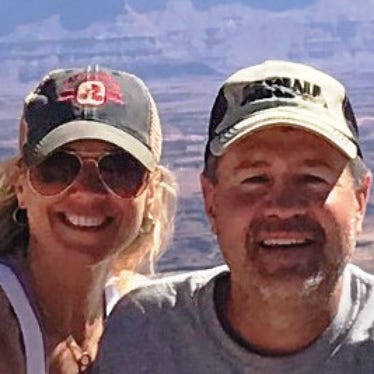
It’s been a year since I began writing this blog and in that time many may have gotten the impression that I am for tighter regulations, based on my writings about water quality issues and problems with our current farming methods.
Nothing could be further from the truth.
I have watched with frustration as people wail on social media and news channels about the cutback in EPA budgets and regulations. The doom-and-gloomers are painting a picture of regulations rolled back to a point where dirty air and water will be the norm.
Like most people, I like clean air and water. I like certain standards for my drinking water and wastewater disposal. No doubt we have come a long way from burning rivers, acid rain and cities shrouded in smog. We no doubt have picked the “low hanging” fruit in regard to clean air and water. So what are my thoughts on regulations?
As I have mentioned before, I work with many small water and wastewater systems all over the state of Missouri. Each state has a “primacy agency” such as a Department of Environmental Quality or Department of Natural Resources that enforces state laws and federal rules from such laws as the Clean Water Act. EPA is the federal arm for the enforcement of federal laws, which may supersede state laws, essentially depending upon which is most strict.
Over the years, we have seen many additions to these laws that have become very challenging for small and large communities across the country. Waters of the U.S. was an example of one of these burdensome rules. New regulations on waste water discharge are another rule that has become very burdensome for many communities big and small. Communities have been using lagoons/plants for years to treat their waste water. These new rules have caused many of the systems to be out of compliance with EPA rules.
The only solution is upgrades that have become very costly to these communities. Grants and loans through USDA Rural Development have been the only way these communities could get in compliance with these rules. The bang for the buck has not been good as most of these communities were doing an excellent job of taking care of their wastewater.
How does this tie into agriculture? There are few to no regulations on what can be spread, sprayed and used on row cropping or pasture areas, specifically fertilizers or chemicals. There are also no regulations on the amount of soil or runoff from these areas. These are considered “non-point” discharge areas and once they leave the field, they are the responsibility of someone else -- or in my industry, the responsibility of the operator or municipality providing drinking water. Therein lies the rub.
My point is not to make a case for further regulation. My point is to show that the regulators need to pick the correct target. Making a city of 400 people spend over a million dollars to upgrade a lagoon or a wastewater plant to get a little better discharge while other non-point sources create many expensive and challenging issues downstream makes no sense to me.
We have the technology, knowledge and know how to fix our water issues at the "non-point source."
The thing we are lacking is follow-through. Let’s not wait for Congress, the EPA or other regulatory agencies make the decision for us. That’s what makes the agriculture industry great; our will to overcome adversity and take the lead.
About the Author(s)
You May Also Like






